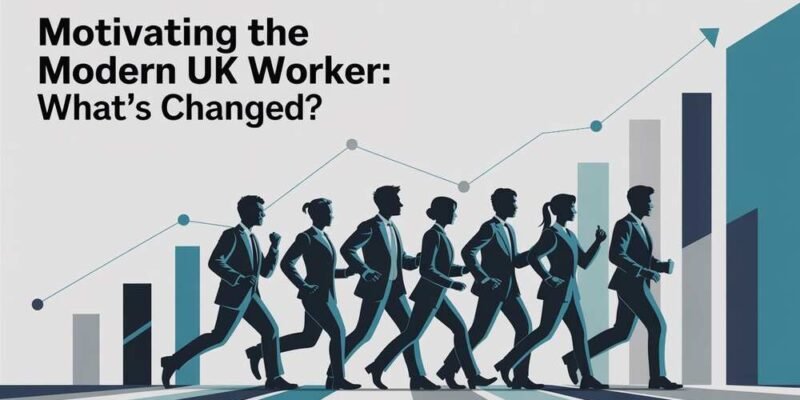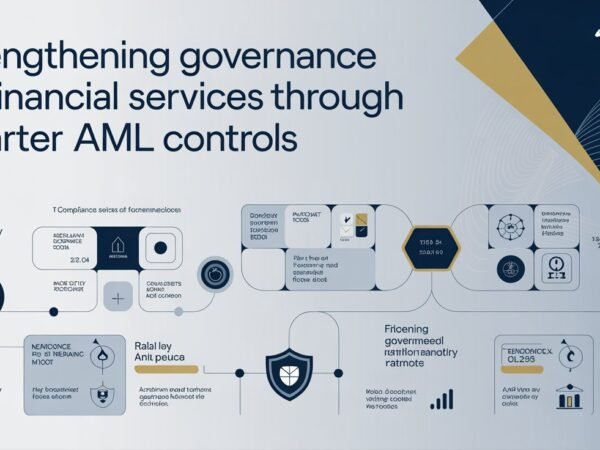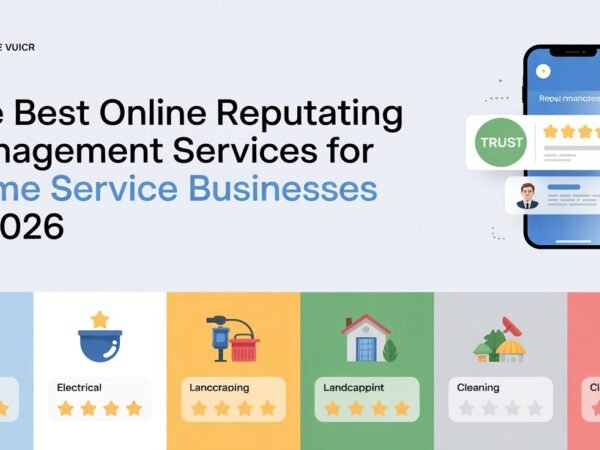Motivation in the modern UK workplace has undergone a profound shift. Traditional approaches, which once centered on salary increases, annual bonuses, and long-service awards, are no longer sufficient in today’s diverse and dynamic employment landscape. Employers must now consider a more nuanced and evolving set of expectations from their workforce.
Understanding these changes is crucial for organizations aiming to attract, retain, and engage high-performing staff in a competitive labor market.
The shift from Monetary to Meaningful Incentives
Previously, financial compensation stood at the core of employee motivation. While it remains essential, it no longer holds the influence it once did. Modern employees seek meaningful work, a sense of contribution, and recognition that goes beyond numbers.
Motivation is increasingly tied to emotional engagement and a sense of purpose. Employees expect their roles to have clear relevance, not just to company goals, but to broader social or ethical values. The desire to be part of an organization with a positive impact has become a major driver of engagement and loyalty.
Flexibility and Autonomy as Motivators
Workplace flexibility has moved from a desirable perk to a fundamental expectation. The rise of hybrid working, accelerated by the pandemic, has permanently altered how workers view their relationship with the office.
Modern employees place high value on autonomy — the ability to control how, when, and where work is completed. This independence enhances motivation by promoting trust and allowing individuals to work in ways that suit their rhythms and responsibilities.
Companies that accommodate these preferences through flexible schedules and remote access report higher levels of satisfaction and retention.
Sustainable and Ethical Rewards
With rising awareness of environmental and social responsibility, motivation is also being shaped by ethical considerations. Workers, particularly younger generations, are more likely to be motivated by rewards that reflect their values, such as sustainable products, charitable donations, or experiences over physical goods.
A study on employee engagement in sustainability and CSR found that when staff are involved in socially and environmentally responsible initiatives, they are more likely to view their work as meaningful, leading to higher levels of motivation and commitment. This reinforces the importance of aligning reward schemes with broader ethical and environmental values.
Offering ethical reward options not only enhances engagement but also strengthens employer branding and contributes to long-term employee loyalty.
Customisation Over One-Size-Fits-All
The modern UK workforce expects recognition that reflects individual preferences, not blanket solutions. Here’s how the two approaches compare:
One-Size-Fits-All Reward Schemes:
- Standardized rewards (e.g., annual bonuses, tenure gifts, fixed vouchers)
- Limited adaptability to different roles, life stages, or motivations
- Often disconnected from personal or team-level contributions.
Customized Reward Systems:
- Enable employees to choose their reward type, timing, and delivery method.
- Reflect on individual goals, values, and working styles.
- Foster stronger engagement by increasing perceived relevance.
- Support ongoing alignment between recognition and performance.
Examples of these systems include:
- Peer-recognition platforms: Tools that allow employees to recognize and appreciate each other’s contributions in real time, promoting inclusivity and team cohesion.
- Points-based reward portals: Programmes where employees earn points for achievements or behaviors, which can be exchanged for rewards they value.
- Scalable digital solutions: Systems such as Power2Motivate UK for staff rewards and loyalty programs that enable organizations to deliver personalized, measurable recognition aligned with both business objectives and individual preferences.
Real-Time Recognition in the Digital Era
Recognition has also evolved. The traditional model of annual performance reviews and sporadic rewards is no longer effective. Today’s workforce expects immediate, visible, and continuous feedback.
Digital platforms now facilitate real-time, peer-to-peer, and manager-led recognition, making appreciation more accessible and transparent. This immediacy meets modern expectations shaped by digital culture, where feedback and validation are constant and instantaneous.
It also supports a culture where contributions are acknowledged as they occur, reinforcing positive behaviors in real-time and across all levels of an organization.
Peer-Led Recognition and Inclusivity
Another notable change is the shift from top-down recognition to peer-driven engagement. Employees now place value on acknowledgment from colleagues, not just leadership. This democratization of recognition fosters inclusivity and strengthens team dynamics.
Peer-led systems also help capture day-to-day contributions that may otherwise go unnoticed by senior management, ensuring a more holistic view of performance and effort across the business.
Evolving Strategies for a Changing Workforce
Motivating the modern UK worker requires more than legacy tactics or outdated incentive schemes. As employee expectations evolve, businesses must move beyond transactional models and embrace holistic, personalized, and purpose-driven approaches to engagement.
From digital immediacy and flexible work to values-led recognition and inclusive reward structures, the landscape has undergone significant changes. Those who adapt to these changes will not only retain top talent but also cultivate a more inspired, productive, and loyal workforce.













